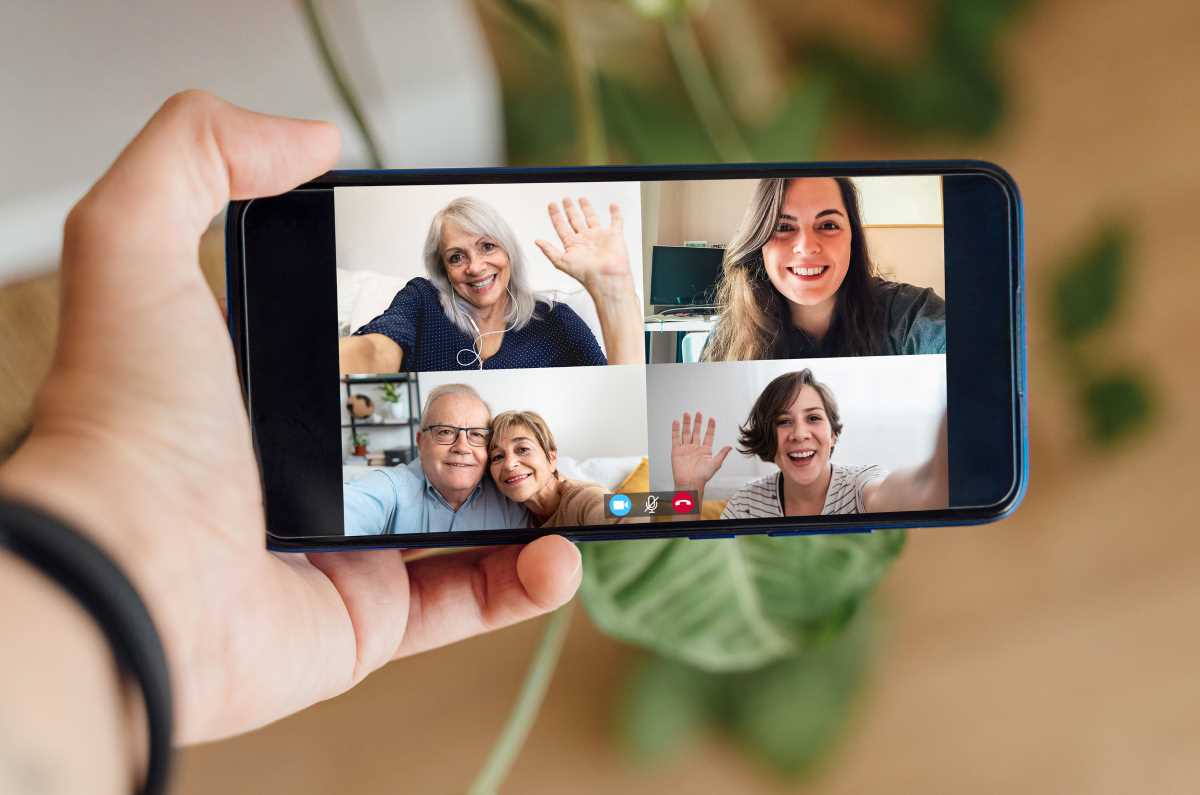What is social connection and why does it matter?
Written by: Dr Sarah Bonell
When we say social connection, we are talking about feeling close to, and connected with, other people. Feeling socially connected can include feeling satisfied with both the number of people you know and the closeness of your connections with these people. Loneliness is when someone has a lack of social connection. Feeling lonely at one time or another in our lives is normal. Being socially connected is crucial for mental and physical well-being; people who are more socially connected tend to lead happier and healthier lives[i].
How Does Social Connection Relate to Musculoskeletal Health?
Research suggests that people experiencing loneliness tend to have less physical capabilities later in life, such as having worsened balance or trouble walking[ii]. This might be because people who are not as socially connected as they wish are less likely to engage in exercise and are more likely to eat diets high in fat, sugar, and salt[iii], meaning that over time they are more likely to see negative health impacts. On the other hand, we also know that increasing social connection can reduce pain levels, promote independence, and improve physical function for those with musculoskeletal pain[iv].
If we can all be socially connected, we can (1) prevent musculoskeletal health conditions from developing, and (2) reduce experiences of pain once a musculoskeletal condition is already present.
How Is This Relevant to Women?
Recently, Australian media has been focusing attention on the “Male Loneliness Epidemic”[v]. While this work is important, it has also driven people to (incorrectly) believe that women in Australia are more socially connected than men and aren’t at risk for loneliness. Studies suggest that this simply isn’t true.
In their State of The Nation Report, the national Australian organisation Ending Loneliness Together collected loneliness data from over 4000 Australians. They found that Australian men and women are experiencing similar levels of loneliness, and that a concerning 1 in 3 Australians are lonely overall. It is therefore critical that we focus on promoting social connection for all genders, highlighting that women are also experiencing a “Loneliness Epidemic”.
In addition, we know that what promotes social connection can be different for women compared to men. For example, new evidence suggests that living with other people and being in a relationship can protect men from loneliness more so than women[vi][vii]. Conversely, being depressed and/or having reduced mobility are known loneliness risk factors for women but not men[viii]. These gender differences suggest that any social connection advice being broadcast to men may not necessarily be as effective for women. We need to have gender-specific conversations about social connection.
Call to Action!
So what can you do to help you be more socially connected? Connecting is about building positive relationships with the people around us including family, friends, neighbours, colleagues, and our local community. Joining a local community group, a sports club, or a special interest group can be a good place to start. The local newspaper or community centre will have information about what’s going on in your area. If you have reduced mobility, joining an online or over-the-phone group can be a great way to stay connected. You can also try volunteering, which is a great way to meet new people and do something that makes you feel good. Finally, keeping relationships strong with people across different age groups – for example, by playing with your grandchildren or attending an intergenerational play group – is a good way to stay connected.
Look into social prescribing programs.
Social prescribing involves someone linking you to local social activities that you enjoy and that work for your physical capabilities. Social prescribing services combine health and social care to focus on the wellbeing of the whole person, not just their physical health. There are many social prescribing programs available in Australia. For example, Connect Local currently operates for people aged 65+ living in or around Glen Eira, Melbourne. If you are interested in hearing more about Connect Local, contact Dr Sarah Bonell on 0456 495 263.
“Being involved with Connect Local and Social Health has made me think of the lyrics, ‘people who need people, are the luckiest people in the world.’” Joy, a Connect Local participant
See what’s going on in your neighbourhood.
Reach out to your local neighbourhood to establish new connections! For example, you might go ask your local council about local programs or activities or see what’s on at your local Neighbourhood House. Another idea might be to try out going to a Chatty Café, which runs both in-person and online.
References
[i] Social Connectedness – An Overview
[ii] Social Isolation’s Impact on Musculoskeletal Health
[iii] Loneliness, unhealthful dietary behaviors, and physical inactivity
[iv] The effectiveness of peer support interventions for chronic musculoskeletal pain
[vi] Gender-specific associations of loneliness











